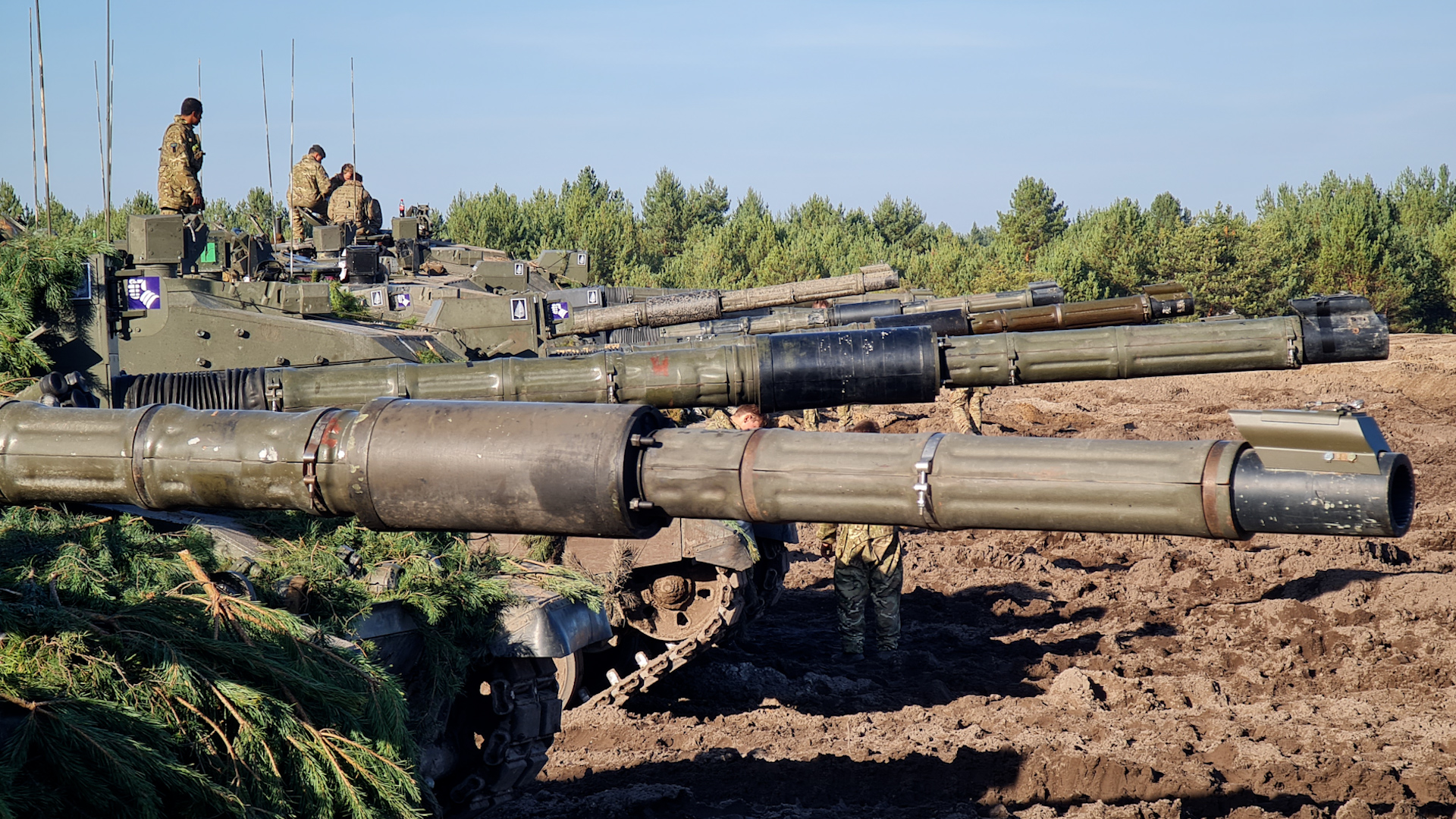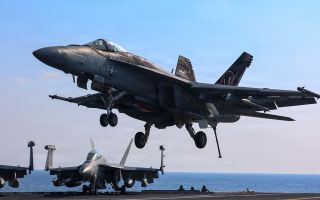
Autumn Statement: What does the Chancellor have in store for defence?

Analysis by Forces News reporter Sian Grzeszczyk
The Government has been clear that "difficult decisions" are ahead.
The Autumn Statement is a budget that will have huge implications for us all. But with soaring inflation and no end in sight for the war in Ukraine, how will defence budgets fare and what will that mean for forces personnel?
There are many challenges that are causing angst behind closed doors at the Ministry of Defence. The Defence Secretary Ben Wallace revealed that inflationary pressures on his budgets could be around £8bn over two years.
One of his defence ministers James Heappey said last month he would quit if the government didn’t commit to former Prime Minister Liz Truss' pledge to increase defence spending from current levels of around 2% of GDP to 3% by 2030.
Back in July when running to replace Boris Johnson, Rishi Sunak vowed he would never "short-change" the Armed Forces if he became Prime Minister.
However, he described Ms Truss' pledge to boost defence spending to 3% of GDP as "arbitrary".
In 2019, the Conservatives committed to "exceed the NATO target of spending 2% of GDP on defence and increase the budget by at least 0.5% above inflation every year of the new Parliament".
When I spoke with the Chief of the Defence Staff Admiral Sir Tony Radakin last week he told me he’d had a meeting with the Prime Minister and the Chancellor to discuss defence spending.
"The seriousness and the richness of the conversations that you would expect to be happening are happening, I am confident in the way that our position is being recognised," he said.
Other questions remain, like will the Government press ahead with plans to cut the size of the British Army by 10,000 personnel?
Behind closed doors the Integrated Review of foreign, defence and security policy is being refreshed. A lot has happened since it was originally published back in March 2021, the evacuation from Afghanistan, the war in Ukraine and increased tensions between China and Taiwan.
It's not clear yet what the practical detail of what is announced will mean for the day-to-day lives of service personnel in the UK and abroad. That detail might not come for several days or weeks after the Autumn Statement is revealed, but whatever is announced will no doubt impact the refresh of the Integrated Review.
The scope for what the UK Armed Forces can achieve over the next few years will all come down to how much money they receive from the Treasury.









